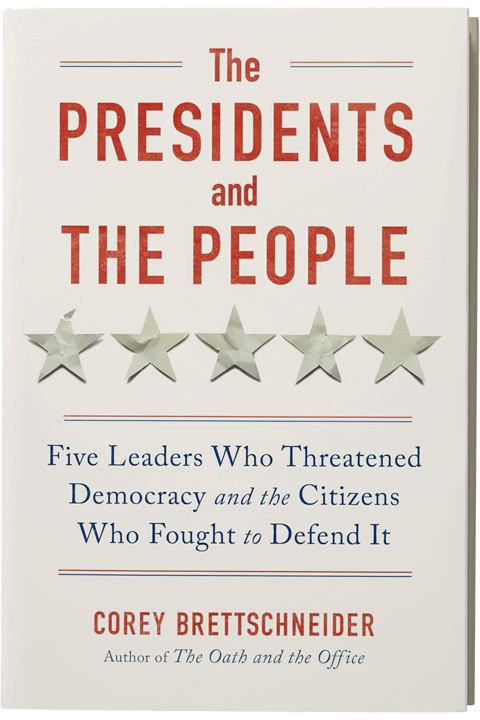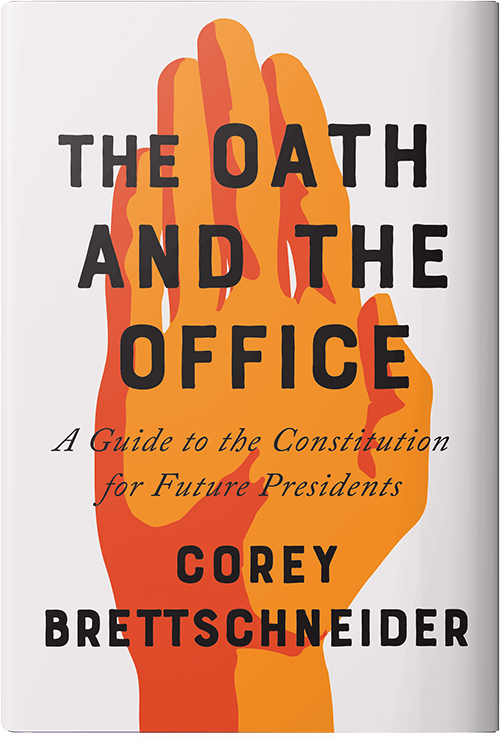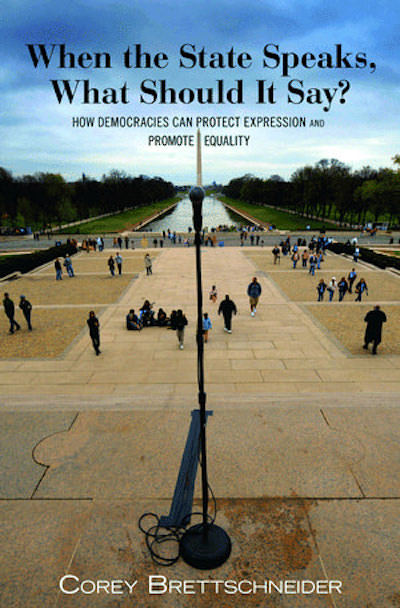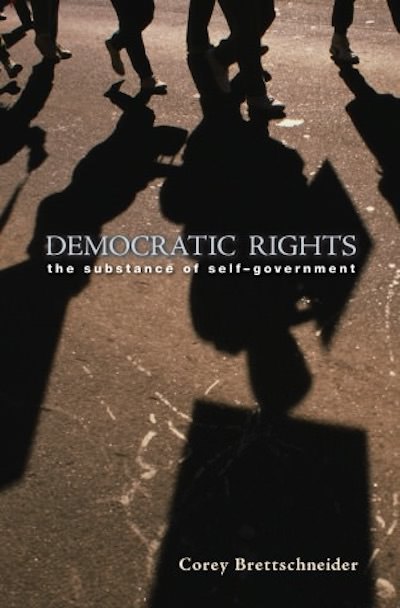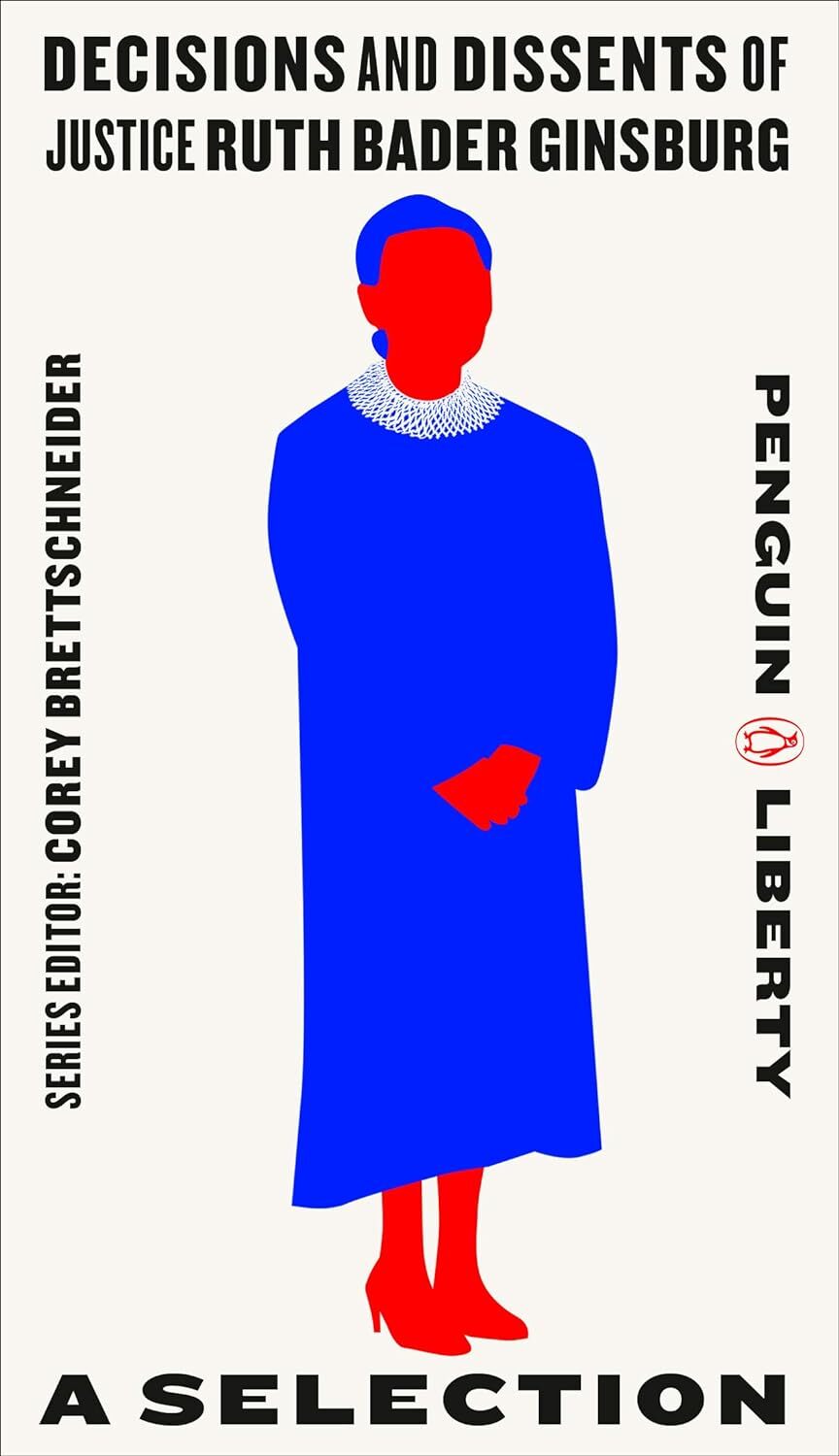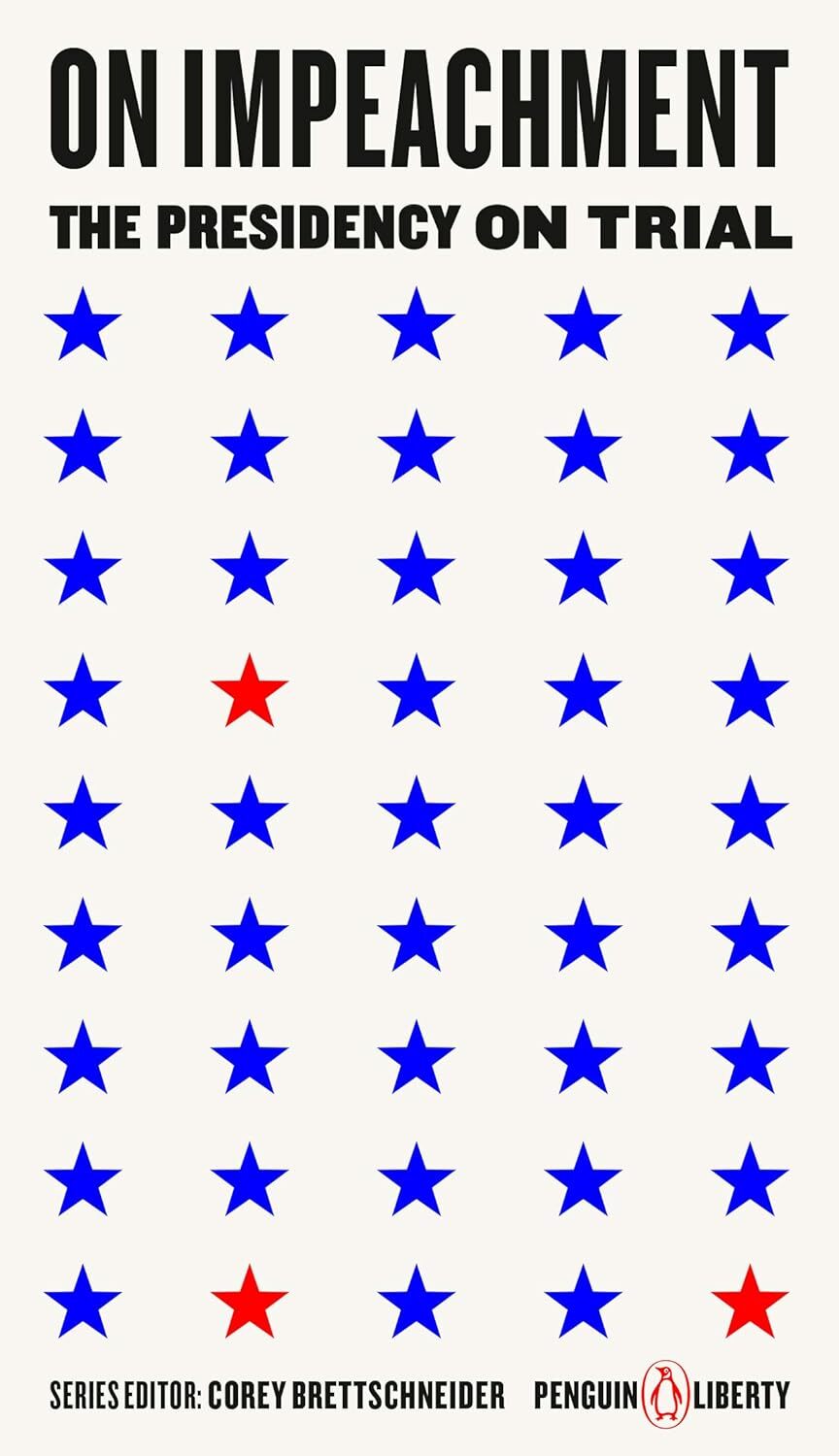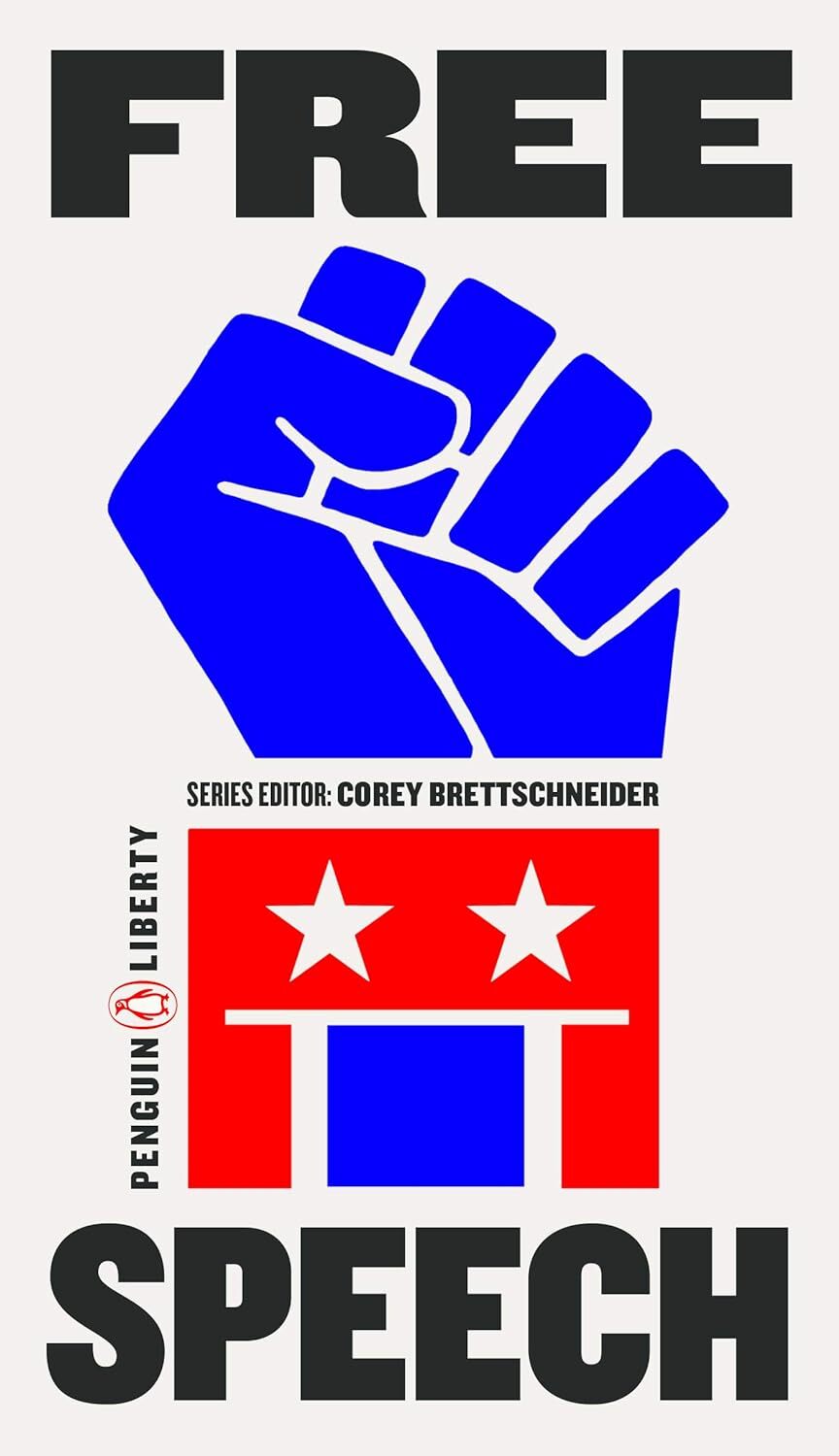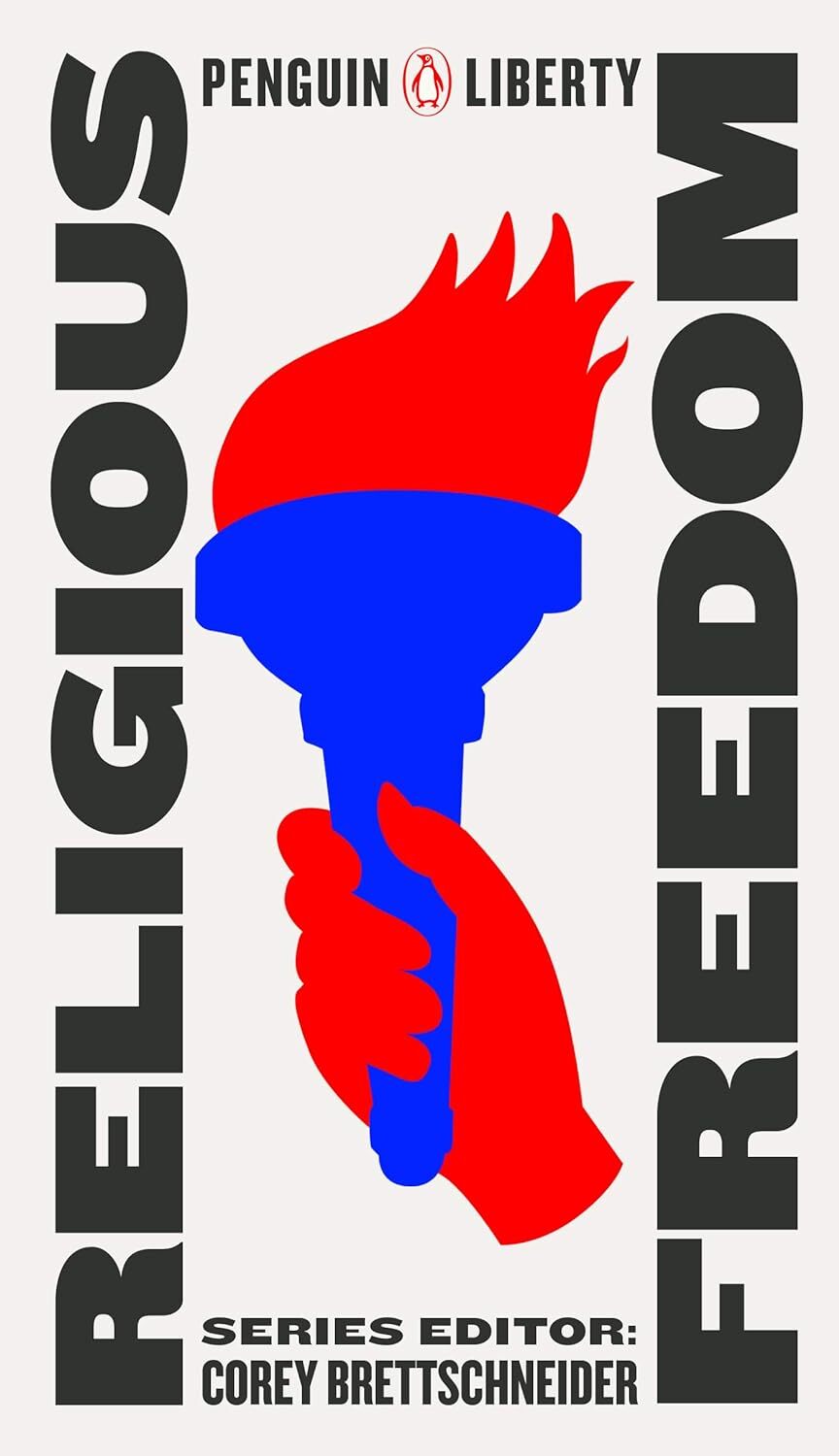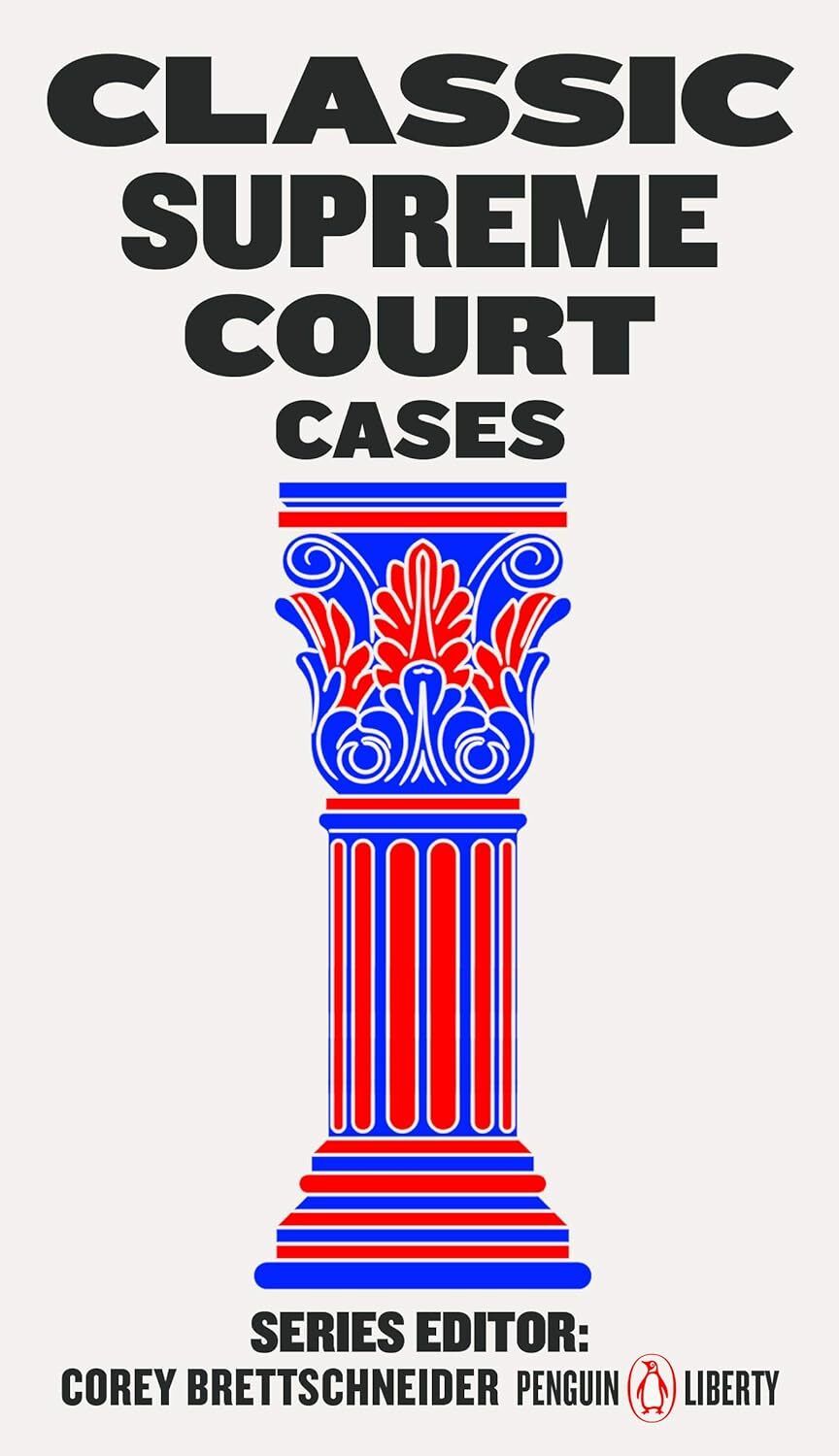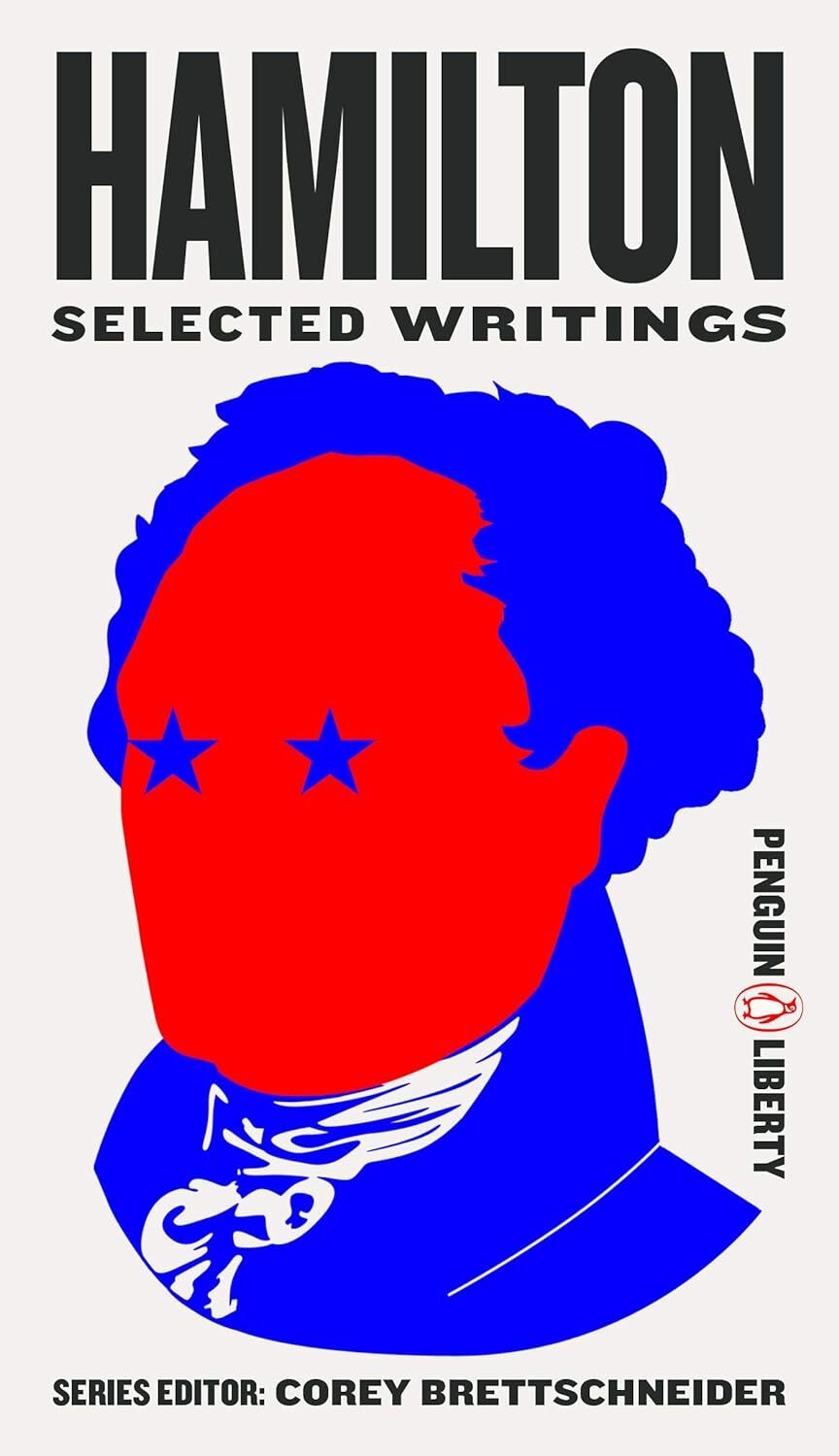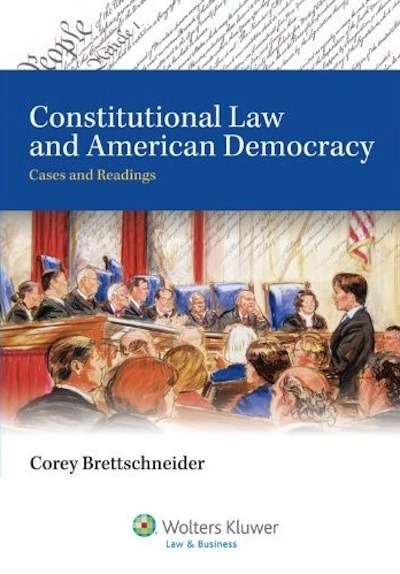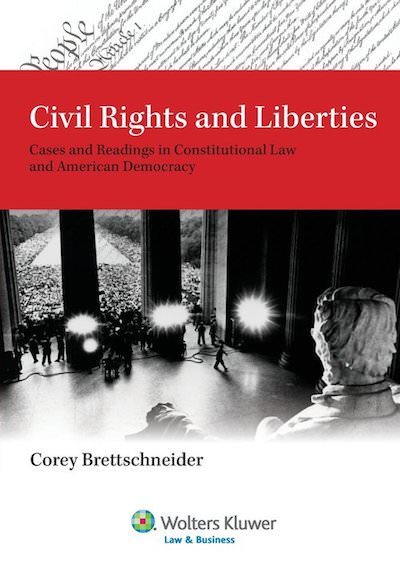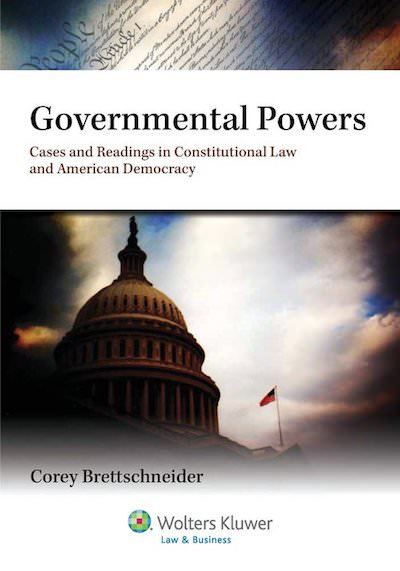Books by Corey Brettschneider
The Presidents and the People Five Leaders Who Threatened Democracy and the Citizens Who Fought to Defend It
American presidents have often pushed the boundaries established for them by the Constitution; this is the inspirational history of the people who pushed back.
"[A]n essential survey… [The Presidents and the People] is an invaluable breakdown of present-day concerns in an illuminating historical context."
Imagine an American president who imprisoned critics, spread a culture of white supremacy, and tried to upend the law so that he could commit crimes with impunity.
In this propulsive and eminently readable history, constitutional law and political science professor Corey Brettschneider provides a thoroughly researched account of assaults on democracy by not one such president but five. John Adams waged war on the national press of the early republic, overseeing numerous prosecutions of his critics. In the lead-up to the Civil War, James Buchanan colluded with the Supreme Court to deny constitutional personhood to African Americans. A decade later, Andrew Johnson urged violence against his political opponents as he sought to guarantee a white supremacist republic after the Civil War. In the 1910s, Woodrow Wilson modernized, popularized, and nationalized Jim Crow laws. In the 1970s, Richard Nixon committed criminal acts that flowed from his corrupt ideas about presidential power. Through their actions, these presidents illuminated the trip wires that can damage or even destroy our democracy.
Corey Brettschneider shows that these presidents didn’t have the last word; citizen movements brought the United States back from the precipice by appealing to a democratic understanding of the Constitution and pressuring subsequent reform-minded presidents to realize the promise of “We the People.” This is a book about citizens—Frederick Douglass, Ida B. Wells, Daniel Ellsberg, and more—who fought back against presidential abuses of power. Their examples give us hope about the possibilities of restoring a fragile democracy.
Books by Corey Brettschneider
The Oath and the Office A Guide to the Constitution for Future Presidents
An essential guide to the presidential powers and limits of the Constitution, for anyone voting—or running—for our highest office.
“A cleareyed, accessible, and informative primer: vital reading for all Americans.”
Maybe, after more than two years of President Trump, what we need more than anything is a collective reminder of what we have a right to expect from the occupant of the White House—how a president should behave and what the presidency should be. In that vein, I end this essay by recommending a book that has received too little attention since its publication last year. It’s not an impeachment book. In fact, it’s a how-to-avoid-impeachment book by a political scientist at Brown University, Corey Brettschneider.
“Brettschneider's book, addressed to a presidential aspirant, begins with the question 'What do you need to know to be president?' The answer: 'Most of all, you need to know the U.S. Constitution.' This framing is one of the book's great virtues: It moves the focus away from the too-common and too-narrow question of what the courts might force a president to do in the name of the Constitution to the more capacious question of how a president herself should understand her constitutional role.”
Can the president launch a nuclear attack without congressional approval? Is it ever a crime to criticize the president? Can states legally resist a president’s executive order? In today’s fraught political climate, it often seems as if we must become constitutional law scholars just to understand the news from Washington, let alone make a responsible decision at the polls.
The Oath and the Office is the book we need, right now and into the future, whether we are voting for or running to become president of the United States. Constitutional law scholar and political science professor Corey Brettschneider guides us through the Constitution and explains the powers—and limits—that it places on the presidency. From the document itself and from American history’s most famous court cases, we learn why certain powers were granted to the presidency, how the Bill of Rights limits those powers, and what “we the people” can do to influence the nation’s highest public office—including, if need be, removing the person in it. In these brief yet deeply researched chapters, we meet founding fathers such as James Madison and Alexander Hamilton, as well as key figures from historic cases such as Brown v. Board of Education and Korematsu v. United States.
Brettschneider breathes new life into the articles and amendments that we once read about in high school civics class, but that have real impact on our lives today. The Oath and the Office offers a compact, comprehensive tour of the Constitution, and empowers all readers, voters, and future presidents with the knowledge and confidence to read and understand one of our nation’s most important founding documents.
When the State Speaks, What Should It Say?
How should a liberal democracy respond to hate groups and others that oppose the ideal of free and equal citizenship? The democratic state faces the hard choice of either protecting the rights of hate groups and allowing their views to spread, or banning their views and violating citizens' rights to freedoms of expression, association, and religion. Avoiding the familiar yet problematic responses to these issues, political theorist Corey Brettschneider proposes a new approach called value democracy. The theory of value democracy argues that the state should protect the right to express illiberal beliefs, but the state should also engage in democratic persuasion when it speaks through its various expressive capacities: publicly criticizing, and giving reasons to reject, hate-based or other discriminatory viewpoints.
Distinguishing between two kinds of state action—expressive and coercive—Brettschneider contends that public criticism of viewpoints advocating discrimination based on race, gender, or sexual orientation should be pursued through the state's expressive capacities as speaker, educator, and spender. When the state uses its expressive capacities to promote the values of free and equal citizenship, it engages in democratic persuasion. By using democratic persuasion, the state can both respect rights and counter hateful or discriminatory viewpoints. Brettschneider extends this analysis from freedom of expression to the freedoms of religion and association, and he shows that value democracy can uphold the protection of these freedoms while promoting equality for all citizens.
Democratic Rights
When the Supreme Court in 2003 struck down a Texas law prohibiting homosexual sodomy, it cited the right to privacy based on the guarantee of "substantive due process" embodied by the Constitution. But did the court act undemocratically by overriding the rights of the majority of voters in Texas? Scholars often point to such cases as exposing a fundamental tension between the democratic principle of majority rule and the liberal concern to protect individual rights. Democratic Rights challenges this view by showing that, in fact, democracy demands many of these rights.
Decisions and Dissents of Justice Ruth Bader Ginsburg
National Indie Bestseller
The trailblazing Supreme Court Justice Ruth Bader Ginsburg in her own words. Her most essential writings on gender equality and women's rights, reproductive health care, and voting and civil rights, now available in a short, accessible volume as part of the new Penguin Liberty series.
On Impeachment
Free Speech
Speech is the life blood of democracy, but only if we understand its true meaning, and its role in sustaining our government. Key texts from the U.S. Supreme Court, John Stuart Mill, Alexander Meiklejohn, Ida B. Wells and Charles Lawrence illuminate the immediate questions and pressing issues of free speech.
Religious Freedom
To understand the most contentious issues around religious liberty, this volume provides influential philosophical ideas from the U.S.'s founding to the present day and key U.S. Supreme Court judgements to ask how the two twin pillars of religious freedom -- free exercise and the limit on religious establishment -- unfold in daily life.
Classic Supreme Court Cases
Hamilton
Case Books
Constitutional Law and American Democracy
A new approach to constitutional law that ties cases to the most salient and controversial debates in our polity today, Constitutional Law and American Democracy presents a wide selection of carefully selected readings and cases that create a compelling, nuanced view of current key political and constitutional issues and interpretive approaches and problems through engaging topics of especially high interest to students.
Civil Rights and Liberties
Extensive, intriguing excerpts from a highly focused set of cases and other readings from contemporary theory highlight conflicting opinions among the justices on specific controversies such as abortion, gay rights, and hate speech. A multidimensional perspective draws on a wide array of resources such as case excerpts, concurring and dissenting opinions, law journal and articles, general publications, published letters, and other documents.
Governmental Powers
Extensive, intriguing excerpts from a highly focused set of cases and other readings from contemporary theory highlight conflicting opinions among the justices on specific controversies such as abortion, gay rights, and hate speech. A multidimensional perspective draws on a wide array of resources such as case excerpts, concurring and dissenting opinions, law journal and articles, general publications, published letters, and other documents.
